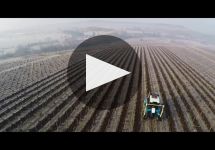William Fevre Chablis Les Clos Grand Cru 2022
-
Jasper
Morris -
Robert
Parker - Decanter
- Vinous
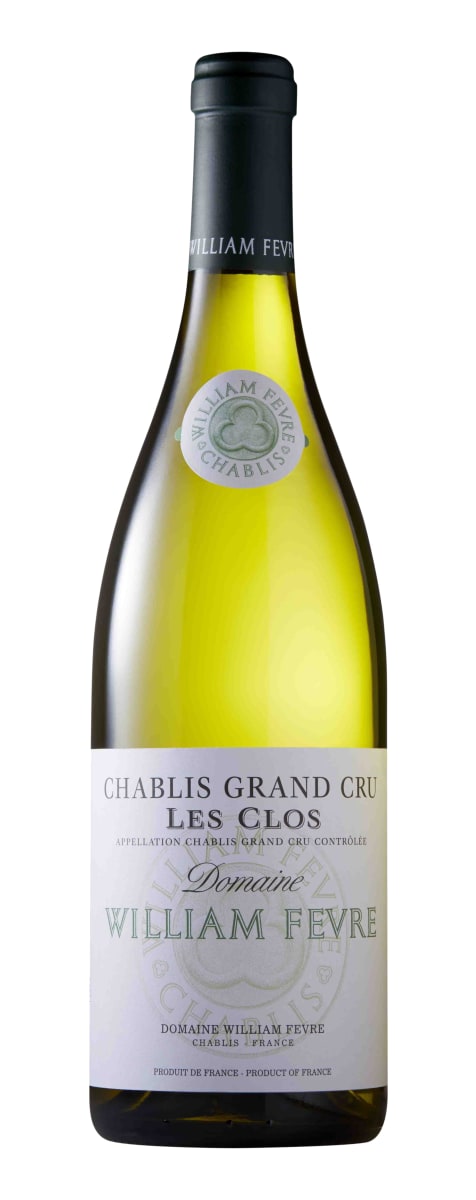


Product Details
Your Rating
Somm Note
Winemaker Notes
This wine has a remarkably complex bouquet, blending fruity, floral and spicy notes with a substantial mineral touch. Structured on the palate, opening up with age to give a powerful, generous wine.
Pairs well with shellfish and seafood, grilled or in a cream sauce, as well as with poultry and other white meats.
Professional Ratings
-
Jasper Morris
Mostly from old vines, a good half planted between 1948 and 1952. Translucent lemon and lime colour. The bouquet is not ready to unfurl yet there is a sense of sublime purity about the nose. A wine in perfect harmony on its wide bench of white fruit. Just a little touch of spice behind, good acidity. Sign up for this! Barrel Sample: 95-98
-
Robert Parker's Wine Advocate
The 2022 Chablis Grand Cru Les Clos is a serious, structured wine, unwinding in the glass with aromas of ripe, waxy citrus rind, crisp orchard fruit and white flowers, framed by a deft touch of youthful reduction. Full-bodied, dense and satiny, it's layered, concentrated and multidimensional, with the most structure and substance of any wine in the range, but also the greatest need for patience to realize all its considerable potential. Rating:-96+
-
Decanter
Small yield, very concentrated, with masses of density on the palate. Plenty of drive and energy but has finesse to balance out the power. White peach fruit characters, vibrant acidity and a pronounced mineral, salty finish. Very long future ahead. Fèvre owns 4.1ha of the 25ha total within Les Clos. Its plots situated on the top of the hill, with 50% of the vines planted by William Fèvre's father in the 1940s and 1950s.
-
Vinous
The 2022 Chablis Les Clos Grand Cru has a surprisingly primal bouquet with gooseberry, melon, fruits de mer and citrus peel, with more oyster shell scents developing as it opens, though never quite achieving the flair of the Valmur. The palate is well-balanced, steely and strict, with fine intensity and a saline finish. But it doesn't quite have the precision of Fevre's best cuvées at the moment.
Barrel Sample: 91-93
Other Vintages
2021-
Jasper
Morris -
Wine
Spectator -
Robert
Parker
- Decanter
-
Jasper
Morris -
Robert
Parker -
Wine
Spectator
-
James
Suckling -
Robert
Parker - Decanter
-
Wilfred
Wong -
Wine
Spectator
- Decanter
-
Robert
Parker -
James
Suckling -
Wine
Spectator
-
James
Suckling - Decanter
-
Robert
Parker -
Wilfred
Wong -
Wine &
Spirits
-
James
Suckling - Decanter
-
Robert
Parker -
Wine
Spectator
- Decanter
-
Robert
Parker -
Wine
Spectator
-
Robert
Parker -
Wine
Spectator
-
Wine
Enthusiast -
Robert
Parker -
Wine
Spectator
-
Robert
Parker
-
Robert
Parker
-
Robert
Parker -
Wine &
Spirits -
Wine
Spectator
-
Robert
Parker -
Wine
Enthusiast -
Wine &
Spirits -
Wine
Spectator
-
Wine
Enthusiast -
Robert
Parker -
Wine
Spectator
-
Robert
Parker
-
Robert
Parker
-
Wine
Enthusiast
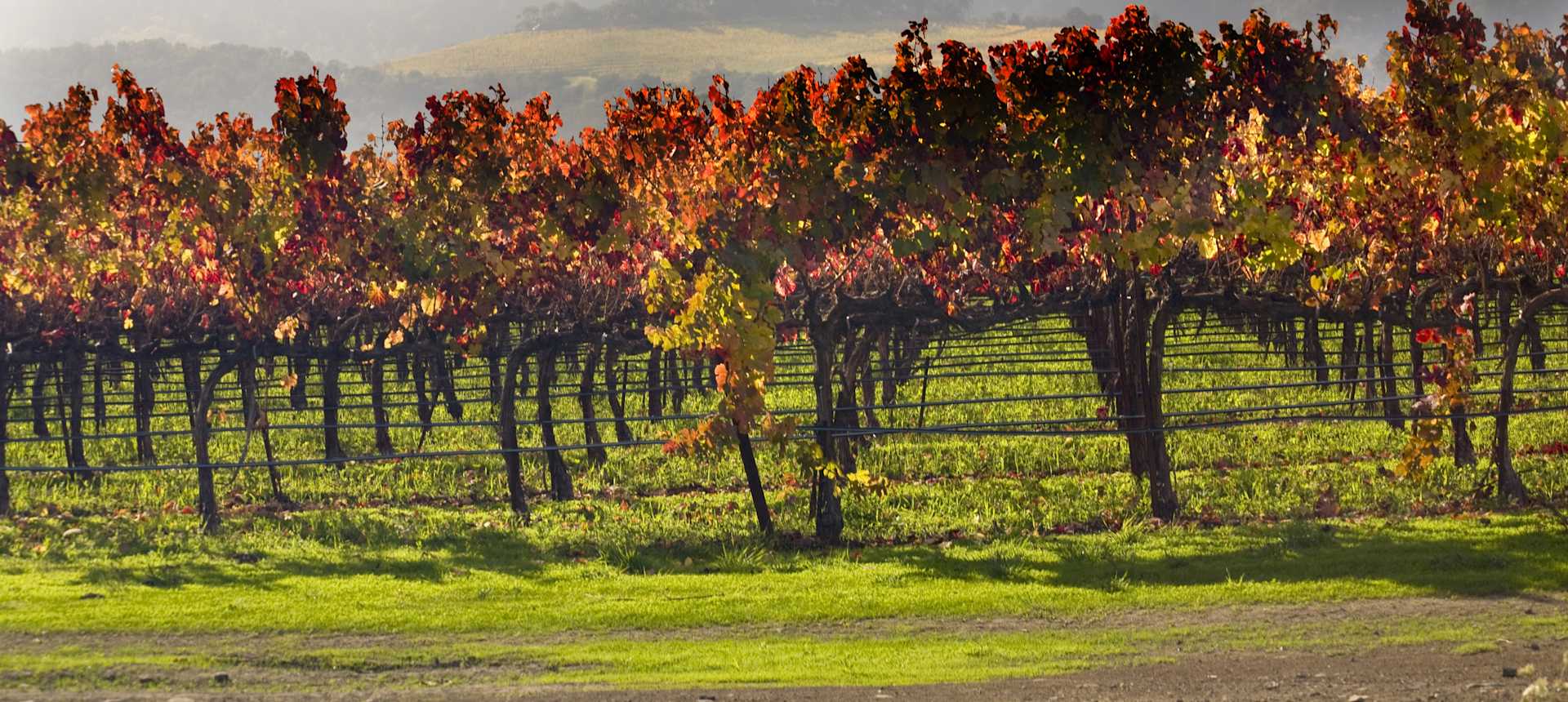
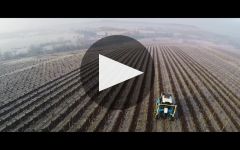
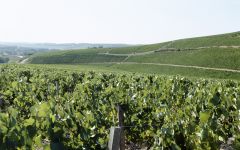
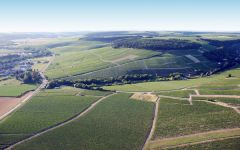
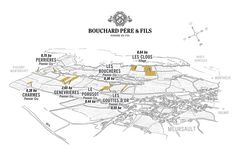
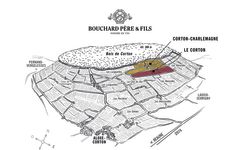
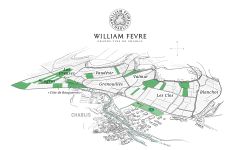
Domaine William Fèvre is a historical and environmental pioneer in Chablis. The domaine covers a total of 78 hectares, including 15 hectares of Grand Cru vineyards as the largest Grand Cru landowner in Chablis. The domaine is also comprised of 16 hectares of Premiers Crus, including icons such as Vaulorent, Montmains, and Les Lys, among many others. William Fèvre has been committed to a strong environmental approach for more than 20 years, receiving their HVE3 certification in 2014. Domaine William Fèvre does everything possible to express the most subtle variations in Chablis' climats and to offer wines that give everyone, from novices to connoisseurs, the opportunity to enjoy an experience characterized by a superb expression of purity and minerality.

One of the most popular and versatile white wine grapes, Chardonnay offers a wide range of flavors and styles depending on where it is grown and how it is made. While it tends to flourish in most environments, Chardonnay from its Burgundian homeland produces some of the most remarkable and longest lived examples. California produces both oaky, buttery styles and leaner, European-inspired wines. Somm Secret—The Burgundian subregion of Chablis, while typically using older oak barrels, produces a bright style similar to the unoaked style. Anyone who doesn't like oaky Chardonnay would likely enjoy Chablis.

The source of the most racy, light and tactile, yet uniquely complex Chardonnay, Chablis, while considered part of Burgundy, actually reaches far past the most northern stretch of the Côte d’Or proper. Its vineyards cover hillsides surrounding the small village of Chablis about 100 miles north of Dijon, making it actually closer to Champagne than to Burgundy. Champagne and Chablis have a unique soil type in common called Kimmeridgian, which isn’t found anywhere else in the world except southern England. A 180 million year-old geologic formation of decomposed clay and limestone, containing tiny fossilized oyster shells, spans from the Dorset village of Kimmeridge in southern England all the way down through Champagne, and to the soils of Chablis. This soil type produces wines full of structure, austerity, minerality, salinity and finesse.
Chablis Grands Crus vineyards are all located at ideal elevations and exposition on the acclaimed Kimmeridgian soil, an ancient clay-limestone soil that lends intensity and finesse to its wines. The vineyards outside of Grands Crus are Premiers Crus, and outlying from those is Petit Chablis. Chablis Grand Cru, as well as most Premier Cru Chablis, can age for many years.
